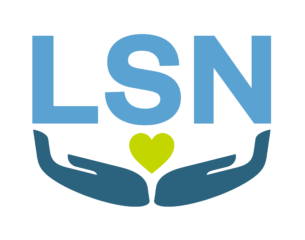Although trauma affects people differently, there are some common reactions that you may experience. These signs and symptoms may begin immediately, or you may feel fine for a couple of days or even weeks, and then suddenly be hit with a reaction.
The important thing to remember is that these reactions are quite normal, although you may feel some distress; you’re probably experiencing a normal reaction to an abnormal situation.
Some common responses to traumatic events
Physical Reactions
- Insomnia/nightmares
- Fatigue
- Appetite changes
- Pain in the neck or back
- Headaches
- Heart palpitations
- Pains in the chest
- Dizzy spells
Emotional Reactions
- Flashbacks or “reliving” the event
- Excessive or jumpiness
- Irritability
- Anger
- Feelings of anxiety or helplessness
- Tendency to be startled
Effect on Productivity
- Inability to concentrate
- Increased incidence of error
- Lapses of memory
- Increase of absenteeism
Ways to Cope with Traumatic Events
- Be tolerant of your reactions. They are normal and will likely subside with time. Acknowledge that it may be a while before you are entirely back to “normal.”
- Give yourself time. You may feel better and then have a “relapse.” This is normal. Allow plenty of time to adjust.
- Spend time with others, even though it may be difficult at first. It’s easy to withdraw when you’re hurt, but you may benefit from the company of others.
- Talk about the experience with your friends. For most people, talking helps relieve intense emotions.
- Try to maintain your normal routine. Familiar tasks can be a comfort and may help put some psychological distance between you and the event. Staying active helps you focus on something other than the trauma.
- Structure your time and stay organized. It’s normal to forget things when you’re under stress. Keep lists, and double-check any important work.
- Maintain control where you can. Make small decisions, even if you feel that it’s unimportant or you don’t care.
- Let the event activate you to do something about the causes of the trauma. For example, join groups that address related issues or look for ways to help others.
- Ask for help if you are overwhelmed or notice your responses interfering substantially with your work, family or social life.
- Take care of yourself. Eat, sleep and rest.

